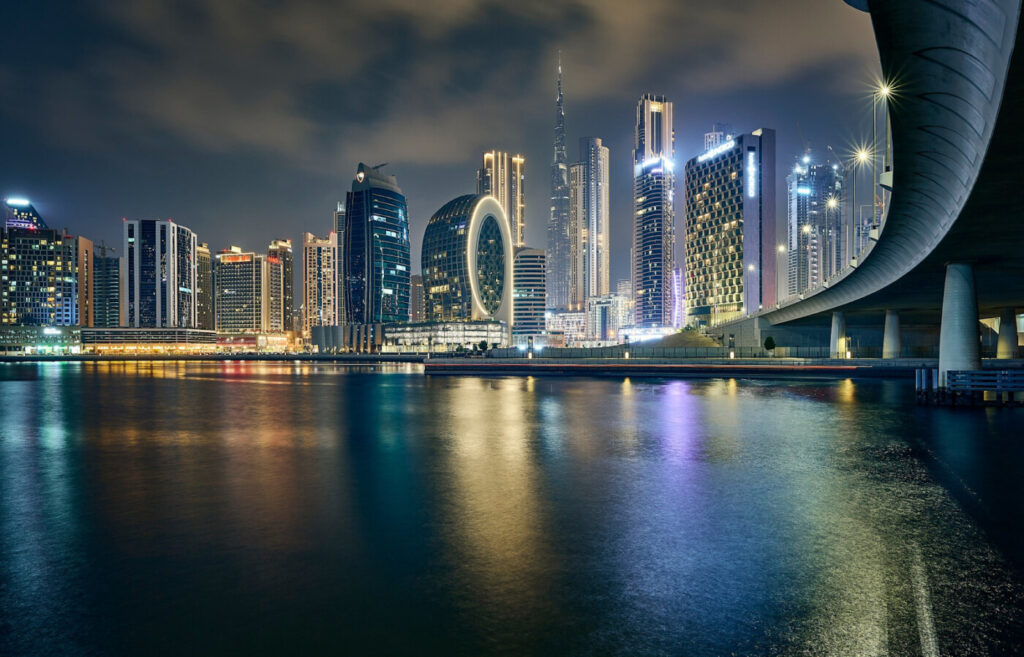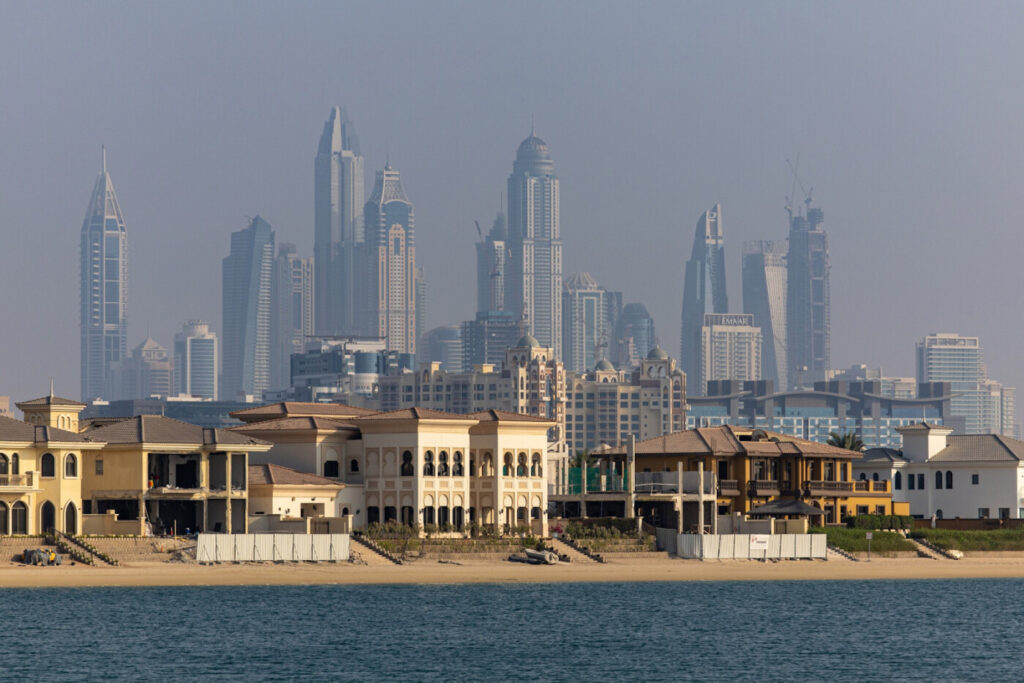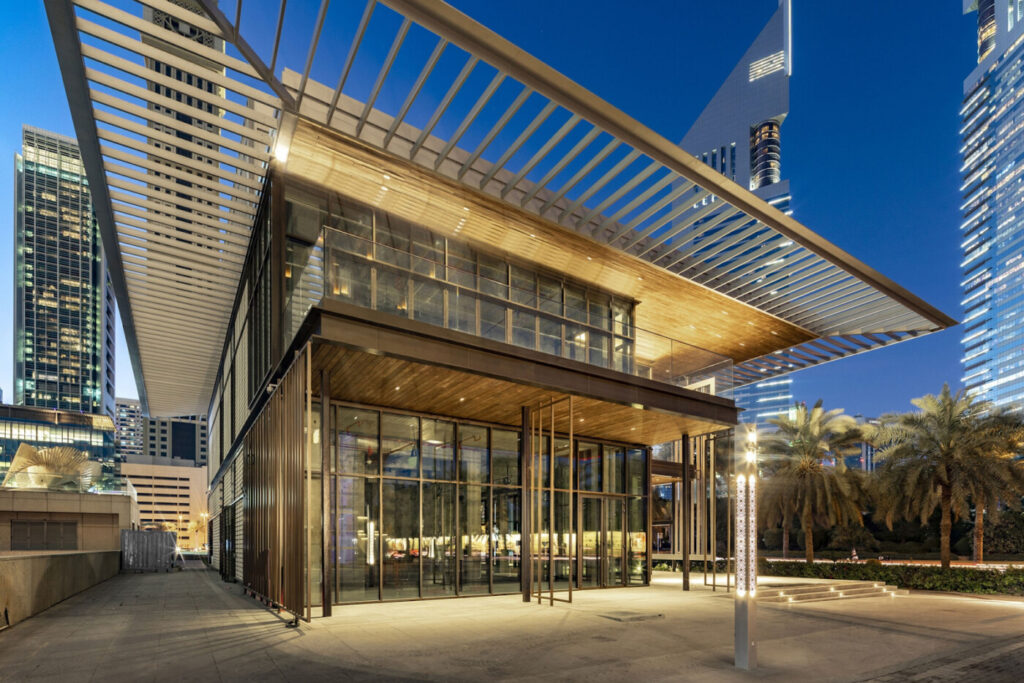
Legislative aspects, the stability of the economy and the region’s security, location, ways of doing business, and cultural norms – when buying property in the UAE, it is essential to notice many non-obvious factors.
Before the conclusion of the contract, partial payment is required. It is equivalent to the first installment (about 10-15% of the value of the object).
There is no legal basis for this, but it is common practice. As a rule, the buyer makes a preliminary reservation or makes an advance payment before the official signing of the contract.
In addition, buyers in the secondary market must take into account the brokerage commission, which is not regulated by law and is usually around 2%. Often it is already included in the cost of the object.

A Non Objection Certificate is a document that certifies that the person concerned has no objection to a real estate transaction. In the UAE, it may be required, for example, if you want to resell your property: the owner will need to receive a NOC from the developer.
READ: 4 Districts You Shouldn’t Invest In: Prices Are Falling
If the developer goes bankrupt and the property is acquired by another developer, the NOC must be received from the new owner. If the owner of the property is a woman, she can only take legal action related to the property if she has a husband’s NOC.
For example, if a woman owns real estate and receives a residence permit in the UAE, then in order to become a sponsor of a residence permit for her family (husband, children), she needs to obtain a NOC from a notary in the UAE (that the husband does not mind that wife sponsors her husband in obtaining a residence permit).
When it comes to inheriting property in the UAE, it is important to consider the legal aspects. If the testator did not write a will in advance, the heirs will need time for the court to recognize their rights. This can lead to the fact that the property will not be inherited the way the deceased wanted.
Non-Muslim heirs may also face restrictions on their inheritance rights if the will is not recognized in court, as Sharia law applies in the UAE (they govern relations between Muslims and non-Muslims). You can also observe gender inequality, when the male heirs, not the wife of the deceased, take precedence in the inheritance.
READ: Where East and West Meet: Millionaires Feel Comfortable in the UAE
In addition, the right of inheritance extends both to the children or the spouse of the deceased, and to his parents. Without a will, the Sharia court can prevent the transfer of property to relatives of a different religion or with a different nationality and transfer the inheritance to the state.

To avoid loss of property, the testator must transfer it to the heirs in accordance with the laws of the UAE. If the heirs are non-Muslim and do not plan to convert, the will must be approved by the Court of the Emirates and registered in the DIFC (Dubai International Financial Center) Wills Registry.
In this register, inheritance rights are registered in the form in which they were bequeathed by the deceased, and not according to Sharia. This practice only applies to non-Muslims. DIFC was opened in 2015 amid the country’s growing non-Muslim population.
To simplify the inheritance of property by non-Muslim relatives, a law on the inheritance rights of non-Muslims was adopted in February 2023. Now, in the event of the death of a citizen or resident of a country who did not profess Islam, 50% of the property is inherited by the spouse, and the rest is distributed among the children, regardless of their gender.
The authorities have also opened a new body, Dubai Courts, which deals with the inheritance of non-Muslims. It is important to note that if the documents have already been processed in DIFC, then the procedure can no longer go through Dubai Courts – it must go through DIFC.
There are two types of real estate ownership available in the Emirates: freehold (full ownership) and leasehold (lease, which involves the transfer of ownership for a limited period).
Foreigners can buy real estate with full ownership and only in certain emirates, including Dubai, Abu Dhabi, and Ras Al Khaimah. Non-Arab foreigners are allowed to purchase both residential and commercial property in these emirates. It is subject to full possession, sale, lease, and inheritance.
The government reserves the right to long-term leasehold property for locals, so foreigners are not allowed to buy it.
READ: Jumeirah Village Circle: One of the Most Attractive Investment Districts
This policy is aimed at supporting the population: citizens who own real estate on a leasehold basis enjoy various benefits from the state – lower tariffs for utilities, construction, and mortgage loans at a reduced interest rate.
There is no annual property tax in the UAE. However, instead of it, a fee is charged every year for the maintenance of the building: security, cleaning, etc. The fee is indicated in the contract and confirmed at the time of the transfer of the property. As a rule, it ranges from $14 to $60 per sq. m. m. per year.